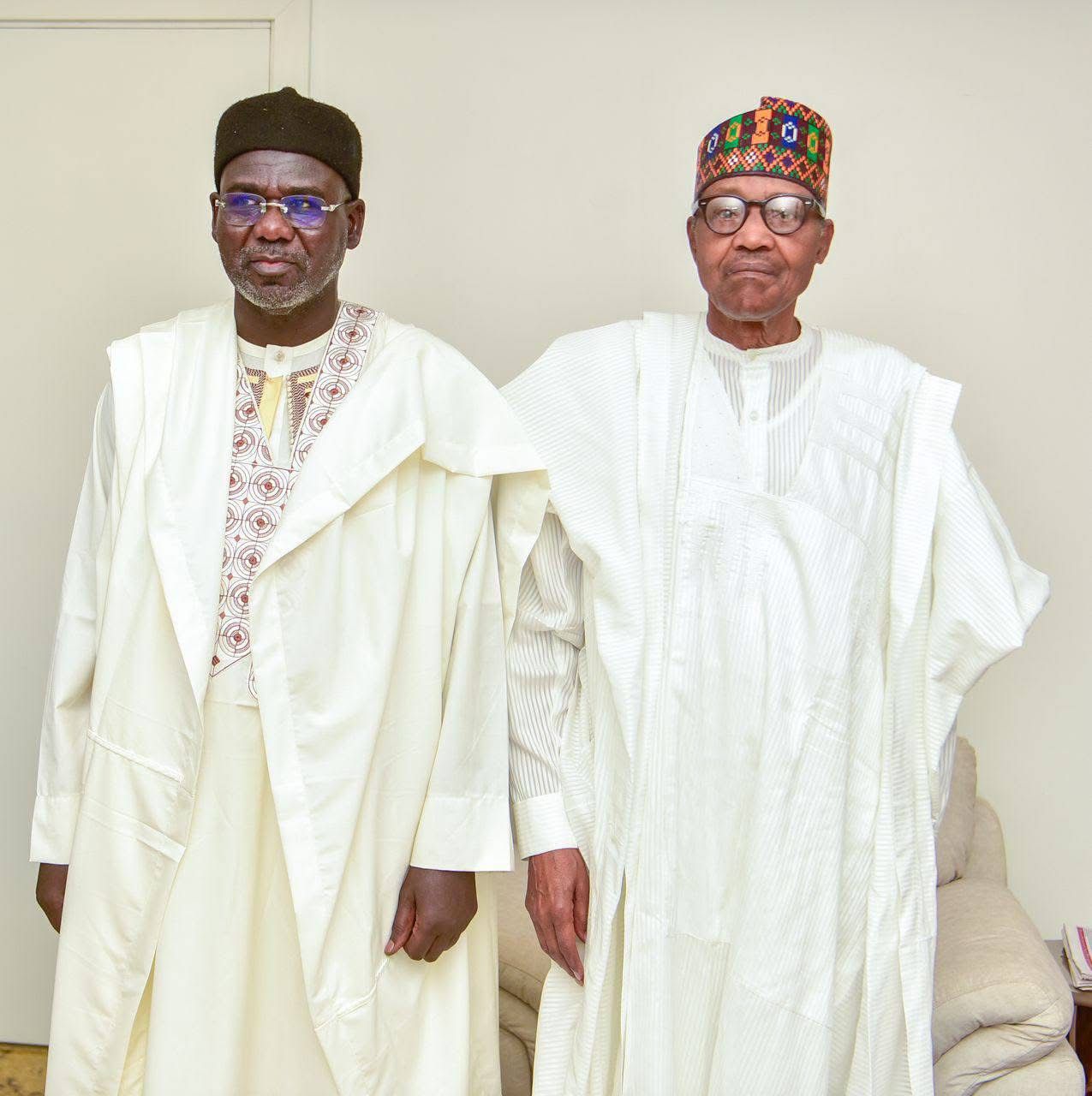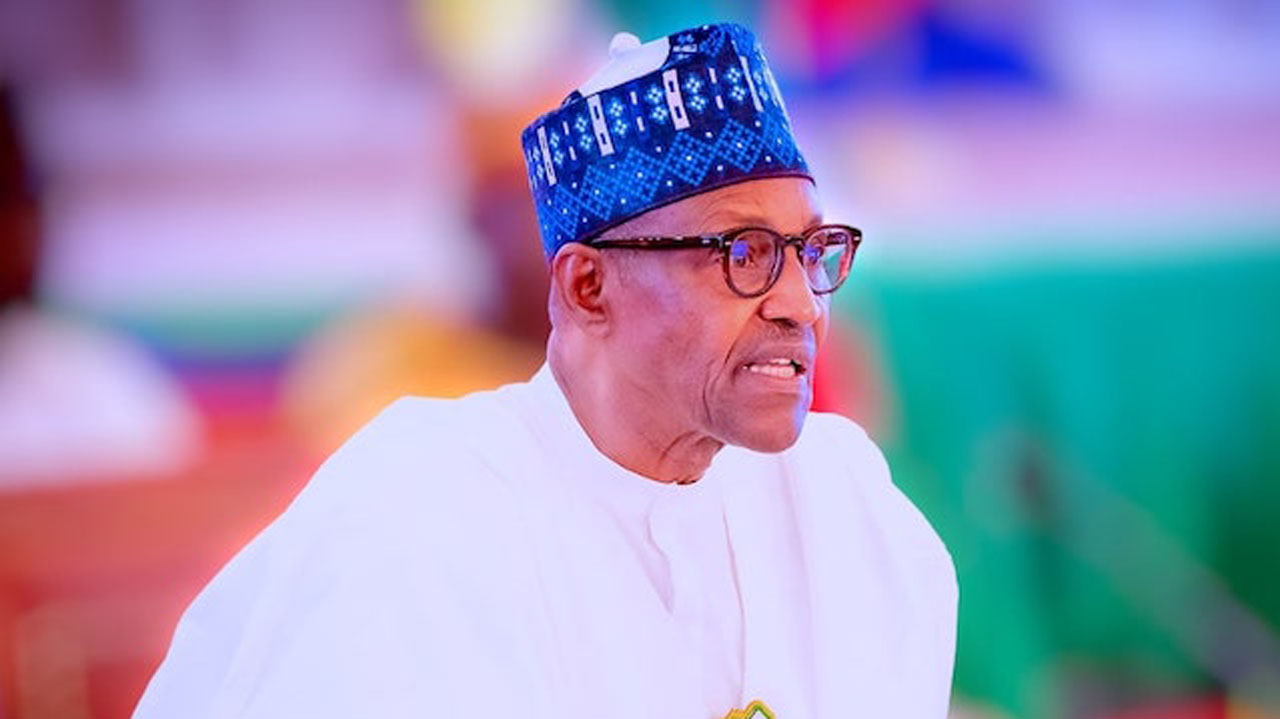
Rock & Roll Hall of Fame: Why Fela Lost
- Bayo Adetu
- May 18, 2021
- ENTERTAINMENT
- 0 Comments
In February 2021 Nigeria’s music legend Fela Anikulapo Kuti was nominated for the Rock and Roll Hall of Fame. There were 15 other nominees; among them were heavyweights like Tina Turner, Dionne Warwick, Mary J Blige, Chaka Khan, Jay Z, LL Cool J, and New York Dolls.
According to the Rock and Roll Hall of Fame Foundation, to be eligible, artists are required to have released their first record 25 years prior to induction. Some of the factors considered were an artist’s musical influence on other artists, length and depth of career and the body of work, innovation, and superiority in style and technique.
From the first week Fela led on the fans’ ballot but he eventually came second behind Tina Turner. But when the winners were announced in May, his name was conspicuously missing. He would have been the first solo African artist to ever be inducted.
The inductees of the 2021 class are Tina Turner, Carole King, Jay-Z, Foo Fighters, The Go-Go’s and Todd Rundgren. Nigerians, who voted massively for Fela, do not understand why the Afrobeat maestro failed to make the cut, even though he was runner up on the fans’ ballot.
The truth is that the fan votes don’t count for much. It’s just an avenue to make fans feel good about their favourite musicians. The actual voting, which is very secretive, is carried out by an international voting body of more than 1,200 people. They include current living Inductees, historians, journalists and members of the music industry.
Fela’s son, Femi Kuti, wrote on Twitter: “So they kind of wasted our precious time. The positive side #Fela was trending and many who never heard of him got to hear his music and his story.”
Although Fela was an African legend, his music does not resonate with Americans the way the likes of Tina Turner, Dionne Warwick and Chaka Khan do. And Fela himself was the cause for this. Fela was a maverick, an iconoclast. He didn’t do things the conventional way. His songs were unusually long, lasting up to 20 minutes. On numerous occasions foreign record companies begged him to shorten the length of his songs so they could market his music to Western audiences but he consistently rebuffed their advice. (His remixed albums currently on sale in Europe have been reduced to 5-10 minutes).
Motown Records also offered him a recording contract worth one million dollars but he was not interested. He notoriously left the contract papers on his table until it expired.
Moreover, Fela didn’t care about awards. In the 1980s when the Performing Musicians Association of Nigeria (PMAN) announced his name as one of the award winners, he laughed at the idea. “Who are they to give me award?” he mocked.
Fela’s music is a complex combination of African music with a tinge of Jazz laced with elements of Rock. Some of the world’s biggest musicians like Stevie Wonder have been fans of his music for decades. Paul McCartney, the world’s most successful songwriter, said the first time he watched Fela’s performance “I ended up just weeping. It was one of the most amazing musical moments in my life.”
Fela also had a huge influence on Rock. For example, Talking Heads, an American rock band, listened obsessively to Fela’s music and were greatly influenced by it. They later recorded a song titled “Fela’s Riff.”
Paul Simon’s iconic album “Graceland” also wouldn’t exist without Fela. The Afrobeat king also had a direct influence on Bootsy Collins’ 1976 album, “Stretchin’ Out in Bootsy’s Rubber Band.” Influential musicians like Brian Eno and Peter Gabriel have copied elements of Fela’s style in their music. Ironically, all these guys are already in the Hall of Fame.
Someday soon, Fela will be inducted.
Credit: Group Post on Golden Oldies by Joey Etuknwa











